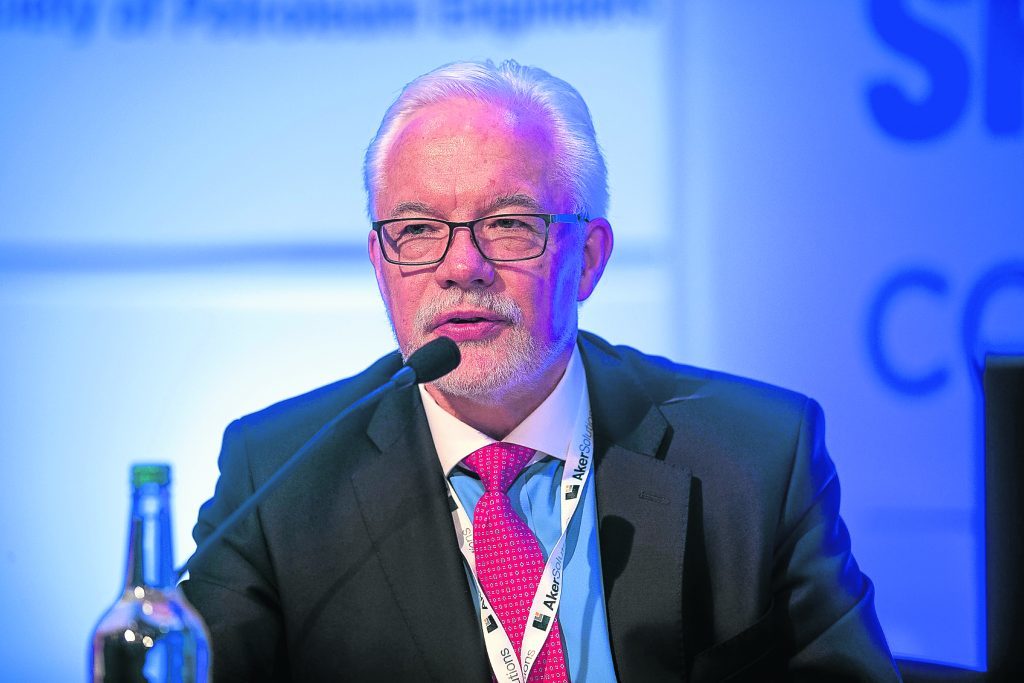
Global technology challenges today mostly revolve around technologies that will make us ‘perform’ better – namely reducing costs, adding value, increasing efficiencies and maximising our all-round performance as an industry.
Whilst I would strongly argue that we are an innovative industry, we can still learn from other sectors which face similar issues.
A more aggressive uptake of data analytics techniques in our industry is needed to automate the detection of measured data patterns on complex offshore and subsea plants.
These techniques will allow operators for example to act in advance of such events as shutdowns or equipment failures therefore actively managing potential risk, avoiding unnecessary downtime and reducing costs.
After attending OTC earlier this year, I was stunned that more than 80% of failures are unrelated to age, yet our whole inspection and maintenance regime is based on an age-related inspection and maintenance philosophy.
A more predictive and targeted approach is needed and data analytics very likely holds the key.
Techniques are being successfully applied to production efficiency and optimisation, marine logistics, subsurface seismic data analysis and ongoing asset integrity and life extension across the globe and could result in positive disruptive change to our industry.
In this context, we are working together with swiss company Askelos to investigate the potential to revolutionise asset management in oil and gas. Their ‘Digital Guardian’ will allow real-time access to the condition of an asset from anywhere at any time and allow a move towards predictive and preventative maintenance. It will also better inform the decision-making process with asset life extension, using data to reassure operators that assets are safe to continue operating beyond their design life.
There is still room for improvement in how we adopt innovation, and we can learn ‘best practices’ from many industries. Of course, safety is paramount, offshore costs are high and operators have strong obligations and high liabilities. However, there is frustration among technology developers who cannot get their ideas trialled. While we have a good track record of innovation, there is room to do it more effectively and efficiently.
Government and industry support for digital innovation is vital and we are working for the Technology Leadership Board and the Oil & Gas Authority on a digital landscaping study which will look at the potential for digital technologies to significantly improve production efficiency of our offshore platforms.
The study will feature at our next Tech Talk event, which takes place at the Chester Hotel on November 21 2017.
Dr Patrick O’Brien is CEO of ITF.
Recommended for you
